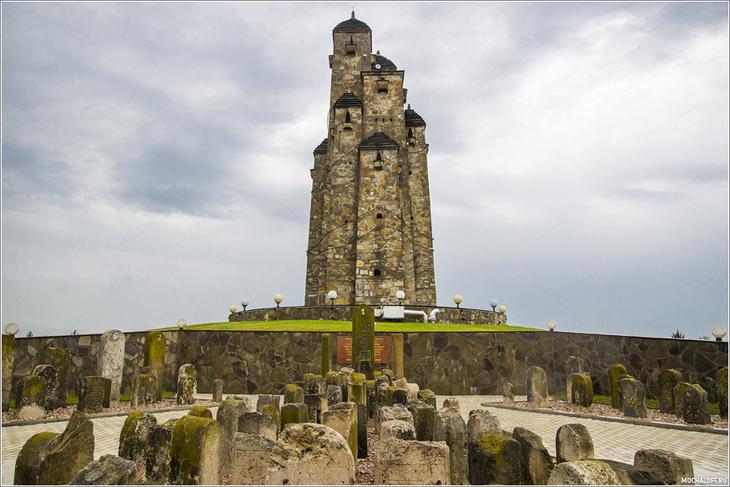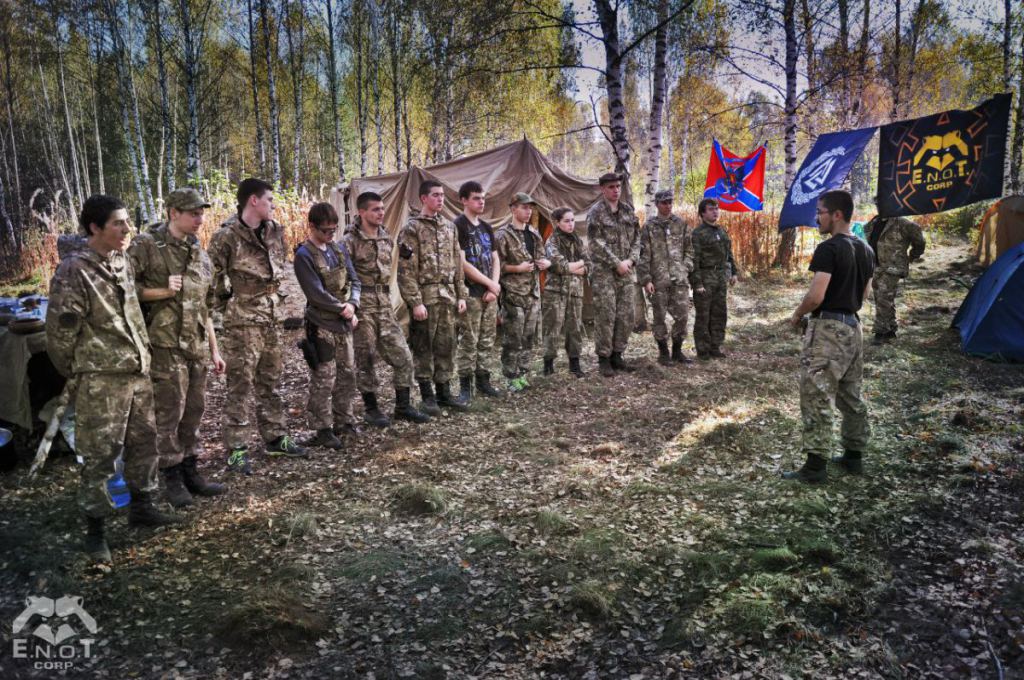Yukos shareholders hope to turn history back and get $50bn in compensations
In a landmark decision, The Hague court ruled that Russia must repay $50bn to Yukos, a company founded by Mikhail Khodorkovskyi, an oil tycoon, Putin's rival and recently freed political prisoner. This is more than the value of the Russian reserve fund available to the Ministry of Finance as of July 1.
The Permanent Court of Arbitration in The Hague ruled in favor of the claim of former Yukos shareholders. The Court acknowledged Yukos's bankruptcy to be an expropriation of private property, violating the European Energy Charter. The total amount of the compensation Russia is due to pay is unprecedented $50bn. The trial that dragged on for nearly 10 years will undoubtedly go down in the history of international court practice.
The Judges
The Hague Court of Arbitration is one of the oldest and most respected courts in the world. It was founded in 1899 to settle property disputes between states. Later, the court also adjudicated claims of private companies and individuals against the authorities of nations that founded the court. There have been 115 such claims up till now. Russia had joined the international arbitrage convention, on which the court's activities are based, twice, in 1900 and 1910.
The decision on the Yukos shareholders' claim was made by a panel of three judges representing Canada, USA and Switzerland. According to their verdict, the actions of the Russian Federation toward Yukos amounted to expropriation of the shareholder's property. This, as the court decided, violates certain articles of the 1994 European energy charter that Russia signed but did not ratify. The verdict imposes an obligation on Russia to compensate the former Yukos shareholders.
The Claimants
The claims to the Permanent Court of Arbitration were filed in 2005 by three offshore companies who are the nominal holders of Yukos shares: Hulley Enterprises Limited (Cyprus), Yukos Universal Limited (Isle of Man) and Veteran Petroleum Limited (Cyprus). All of them are subsidiaries to Group Menatep Limited (GML), registered in Gibraltar, which is the main Yukos shareholder. Before 2003 the company was under the control of Mikhail Khodorkosvkyi. However, after his arrest he transferred all his GML shares to Leonid Nevzlin, a co-owner of Yukos.
Khodorkovskyi's press service told that the former tycoon had no relation to The Hague court claim and does not seek a portion of the possible compensation.
The $50 billion, should they be paid, will go to the current GML shareholders. Apart from Nevzlin, currently living in Israel, Yukos's other top managers include: Platon Lebedev, recently freed together with Khodorkovskyi, Vladimir Dubov, Mikhail Brudno and Vasilyi Shakhnovskyi who left Russia as well. Nevzlin's share is over 50%. The other four major shareholders hold between 7.3 to 8.6% of the shares each. It means that each of them, should the whole amount be charged, would get at least $3.5bn.
The Defendants
Russia was represented in The Hague court by a team of ten lawyers working in two lawyer firms: Cleary Gottlieb Steen & Hamilton and Baker Botts. This confirms that the Russian authorities considered these proceedings to be highly important and were not going to ignore them.
Russian Foreign Minister Serey Lavrov said Russia would appeal The Hague court's decision. Lawyers believe challenging the merits of the verdict would be problematic because, among other things, it is based on the previous decision of the European Court of Human Rights. In September 2011 the court in Strasbourg refused to recognize the so-called "Yukos case" as political but did decree that the shareholders' property rights were violated by the Russian government. The Human Rights Court then promised to make a decision on the specific amount of the compensation (the claimants demanded $98bn from Russia) later. Experts predicted that the Strasbourg court would not be making the call on the billions but would hand it off that to professional arbitration judges, which is what finally happened.
Lawyers say, Russia's further tactics will be based on the claim that the state cannot be a defendant in such cases because the beneficiaries of Yukos's bankruptcy were private entities. Rosneft, that bought Yukos's main extraction assets, already announced that it was not among the defendants in The Hague. It claims to have purchased the property seized from Yukos legally and should not have to pay.
The claimants, however, have a different point of view. Emmanuel Gillard, the main lawyer representing Menatep in The Hague Court of Arbitration, said Rosneft in this case is an alter ego of the state. Menatep Group's head Tim Osborn, in turn, said that based on the Arbiration Court's decision it was possible to file claims for part of the compensation to Rosneft and its British shareholder, the oil giant BP.
Yukos's former shareholders already have experience of proceedings against Rosneft in the US, the UK and the Netherlands, where courts decided on payments of the debt to the group's structures registered in the West by Yukos's extraction entities. The courts acknowledged that the debt was inherited by Rosneft's subsidiaries, who had to pay compensations.
The amounts
$50bn in an unprecedented amount in the history of international arbitration. For reference, the total amount in the Reserve fund under control of the Russian Ministry of Finance as of July 1 was just over $87bn. Thus, paying the compensations to Yukos's shareholders would require spending over half of the Russian government's foreign currency reserves.
The previous proceedings of such kind, involving a Swiss company NOGA, do not hold a candle to the Yukos ruling in the amounts at stake. Nessime Gaon's company managed to win only $27mn of the $1.5bn claim. In comparison, Menatep demanded $114bn from Russia and was awarded almost half. The court expenses alone to be compensated by Russia amount to $65mn.
The Prospects
Vladislav Inozemtsev, director of the Centre of postindustrial society research, believes this time it will be like the NOGA case but on a far greater scale. According to Inozemtsev, should Russia refuse to pay the compensation, all Russian property abroad not protected by the Vienna Convention is liable for seizure. This means all real estate and financial assets in Western banks apart from those belonging directly to the Russian embassies. Foreign assets of Russian companies controlled by the state may also be seized.
[hr] Source: antikor.com.ua
Translated by Kirill Mikhailov, edited by Mariana Budjeryn





